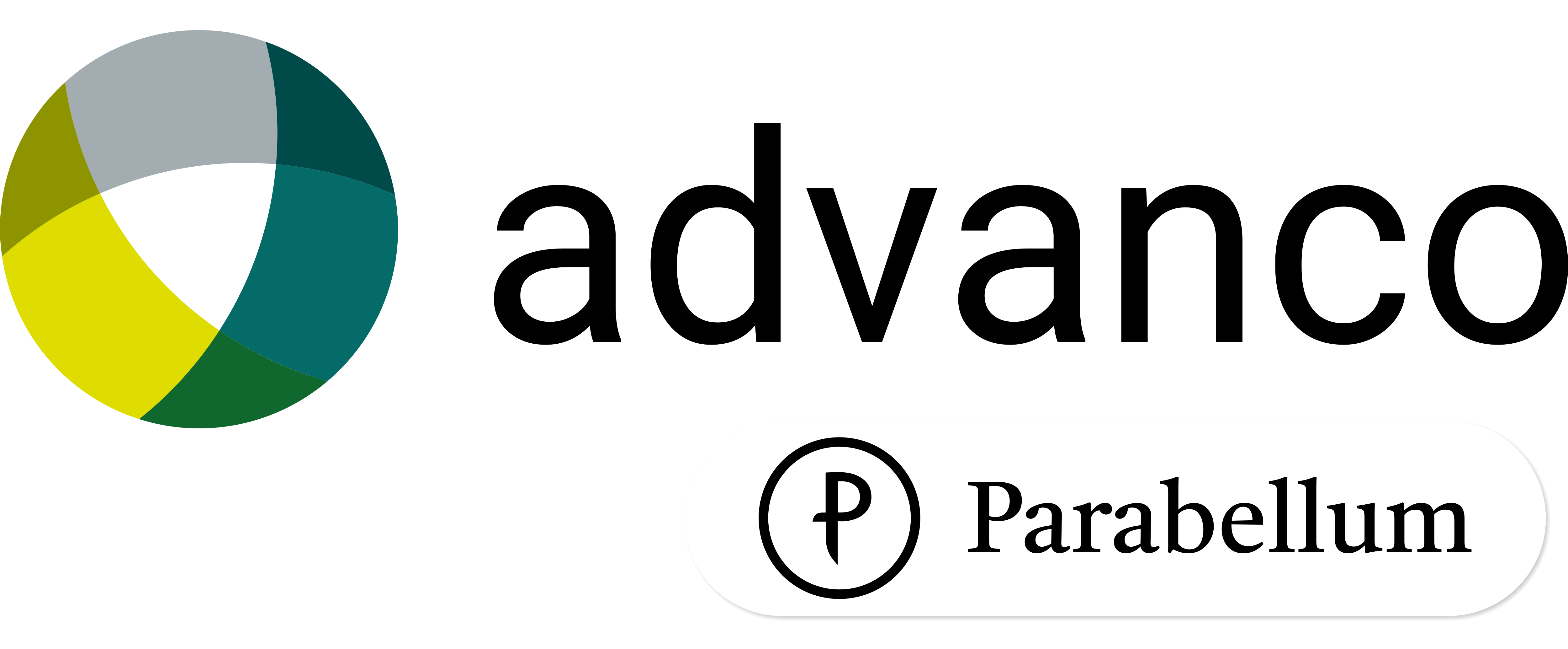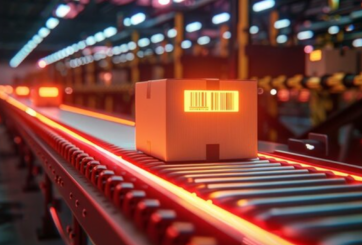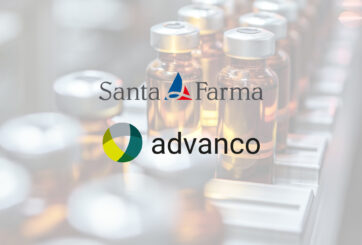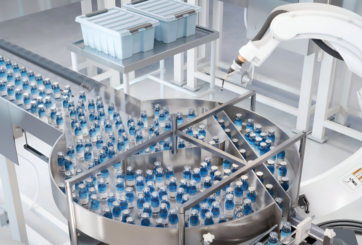What should the pharmaceutical serialization sector be doing to protect against fake Covid-19 vaccines?
CEO of advanco Alf Goebel examines how the pharmaceutical sector can unite in the ongoing battle against fake covid vaccines and other counterfeit drugs. As a provider for level 3 item level serialization, advanco was acquired by parabellum investments, led by founder and chief executive Rami Cassis in 2020.
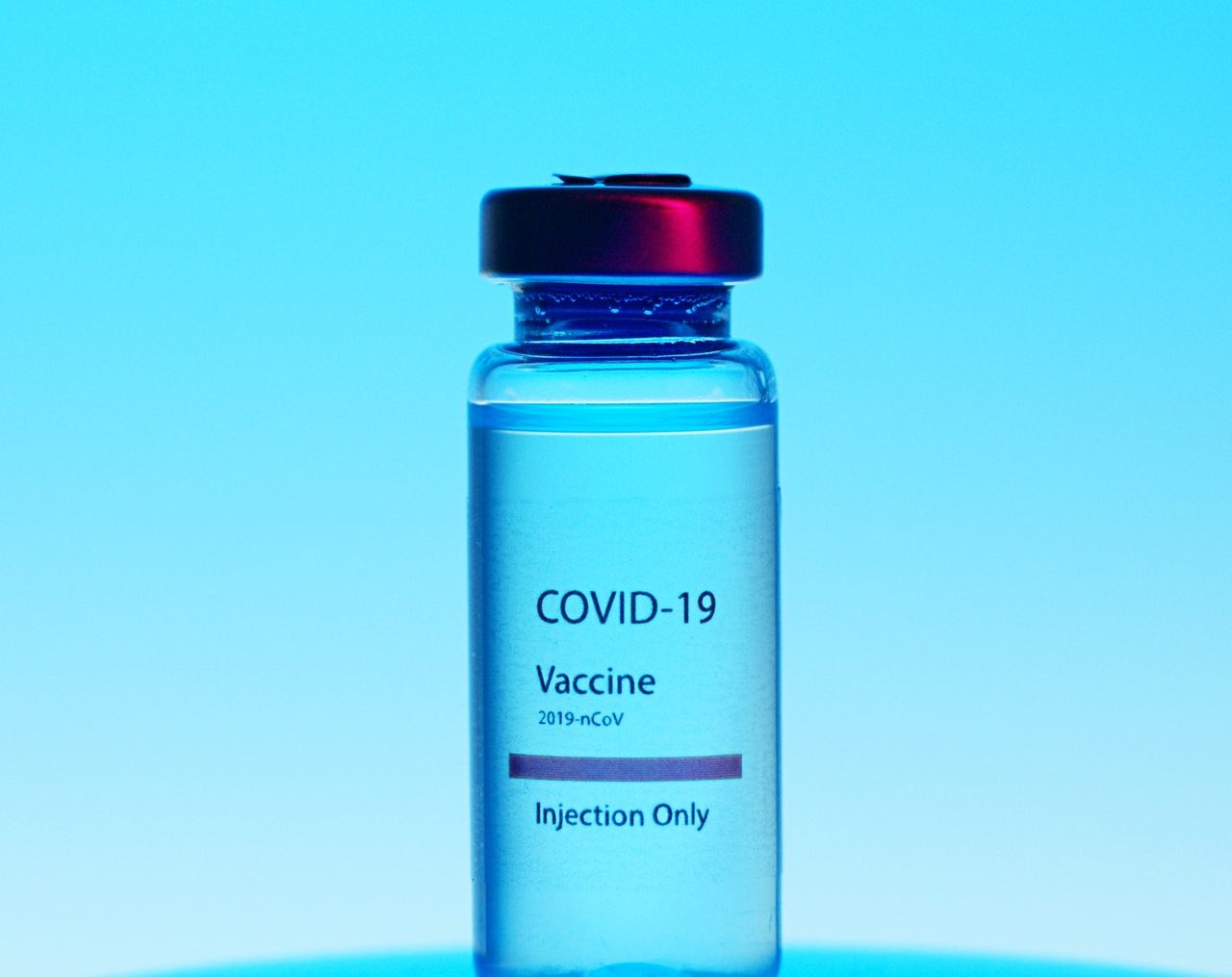
The ongoing problem of counterfeit drugs has been brought to mainstream attention following the seizure of 3,000 saline-filled vials being sold as Covid-19 vaccines in China at the beginning of February 2021.
The police operation resulted in more than 80 group members being arrested, with reports stating that the group had been filling the vials with saline and passing them off as vaccines for many months.
Apart from the shocking human impact of this case – I am sure there will be people who pinned all their hopes on receiving this fake vaccine – it has highlighted once again the massive scale of drugs and medicine scams.
Although this case originated in China, I am sure that fake Covid-19 vaccines are being produced in multiple countries all around the globe at this very moment in time.
It is predicted that 10% of pharma products worldwide are counterfeit, with the global counterfeit drug market exceeding an eye-watering $75bn. Research further estimates that the death-toll caused as a result could increase to ten million people by 2050.
Further estimates by the World Health Organization show that between 72,0000 and 169,000 children may die from pneumonia every year after receiving counterfeit drugs, and that fake anti-malarial medication might be responsible for an additional 116,000 deaths.
During this time of a global pandemic, when people across all nationalities, age-ranges and backgrounds are genuinely worried about medical concerns, we are especially vulnerable to drug counterfeiters.
So, what can the pharmaceutical industry be doing to protect against these criminal acts?
Stricter enforcement
When it comes to pharmaceutical track-and-trace, even in developed and developing economies that have already laid out, or are in the process of laying out, the regulatory road map for serialization, governments and enforcement agencies must ensure the legislation is in place to ensure it is being enforced.
The recent case in China has shown that criminal activity remains prevalent in these regions, and it remains relatively easy for the forgers to continue plying their trade.
Enforcement needs to be strict, sharp and ongoing – not only focusing on Covid-19 vaccines during this pandemic, but on all drugs and medical equipment.
Opening up the supply chain
It is important for product serialization services to work together and encourage an open and secure supply chain, resulting in a supply chain that will minimise costs for pharmaceutical companies.
We are already seeing the advent of the virus accelerating the implementation of agile supply chain regulation, which will require a strong, industry-standard open interface and interoperability.
To do this, the hardware and the software among different vendors need to be much more aligned and should work much closer together.
Although, on the surface, this might seem a bold step within the pharmaceutical sector, we are already seeing some inroads being made, which will help to provide a solution to the dependency on the production of medication in China.
Moving forwards, trends to look out for include digital transformation in the serialization sector, with increased usage of barcoding helping to reduce errors in dispensing in stressful periods.
Vaccines and test kits developed to detect the virus will need to continue to be supplied across the world quickly and efficiently – which requires more standardisation.
Even when more countries will change production strategies and localise, many drugs will continue to be manufactured in China and India, again emphasising the need for an efficient distribution system.
Stepping up ESG efforts
Environmental problems – a major topic for most industries across the world nowadays – can also be exacerbated by drug counterfeiters.
The pharmaceutical sector must abide by strict guidelines to meet environmental protection standards and reduce the amount of chemical waste and by-products that they produce. And of course, any waste products must be disposed of in line with strict regulations and guidelines.
In direct contrast, the producers of forged drugs often completely disregard the effect that the illegal disposal of toxic chemicals and waste materials can have on the environment around them – in much the same way they disregard the potential to kill people with their illegal products.
That is why I fully support the stepping up of ESG efforts within the serialization sector specifically, and the entire pharmaceutical sector more generally. We at advanco are committed to our ESG efforts and would expect all other firms within pharmaceutical track-and-trace to also treat it as a cornerstone of their business.
Support of global ESG initiatives is an important step forward to stamping out the issue of fake drugs, whether these are fake Covid vaccines, or any other type of drug or piece of equipment. The UN Charter on sustainable development is a clear example of moves that are being established to ensure a safer and more responsible world which we can all enjoy.
Tight industry standards
The implementation of open standards is another crucial method in the fight against fake Covid vaccines and other drugs. The establishment of OPEN-SCS, the industry body responsible for promoting common standards across the pharma sector, is another solid step forward in the fight against fake medicines.
OPEN-SCS, of which advanco was a founder member, was formed in September 2014 and is a working group in the OPC Foundation, whose success speaks for itself.
Today, there are more than 4,200 suppliers, who have created more than 35,000 different OPC products, used in more than 17 million applications. The estimate of the savings in engineering resources alone is in the billions of dollars.
The seizure of the 3,000 fake Covid-19 vials at the start of February was, unfortunately, far from being a mere blip in the system. It is something we are likely to see repeated sooner rather than later, potentially in any country in the world.
However, by working together, I hope the pharmaceutical sector can provide substantial resistance to those who think it is acceptable to risk lives – and livelihoods – by peddling fake medicine.
View the original article here
